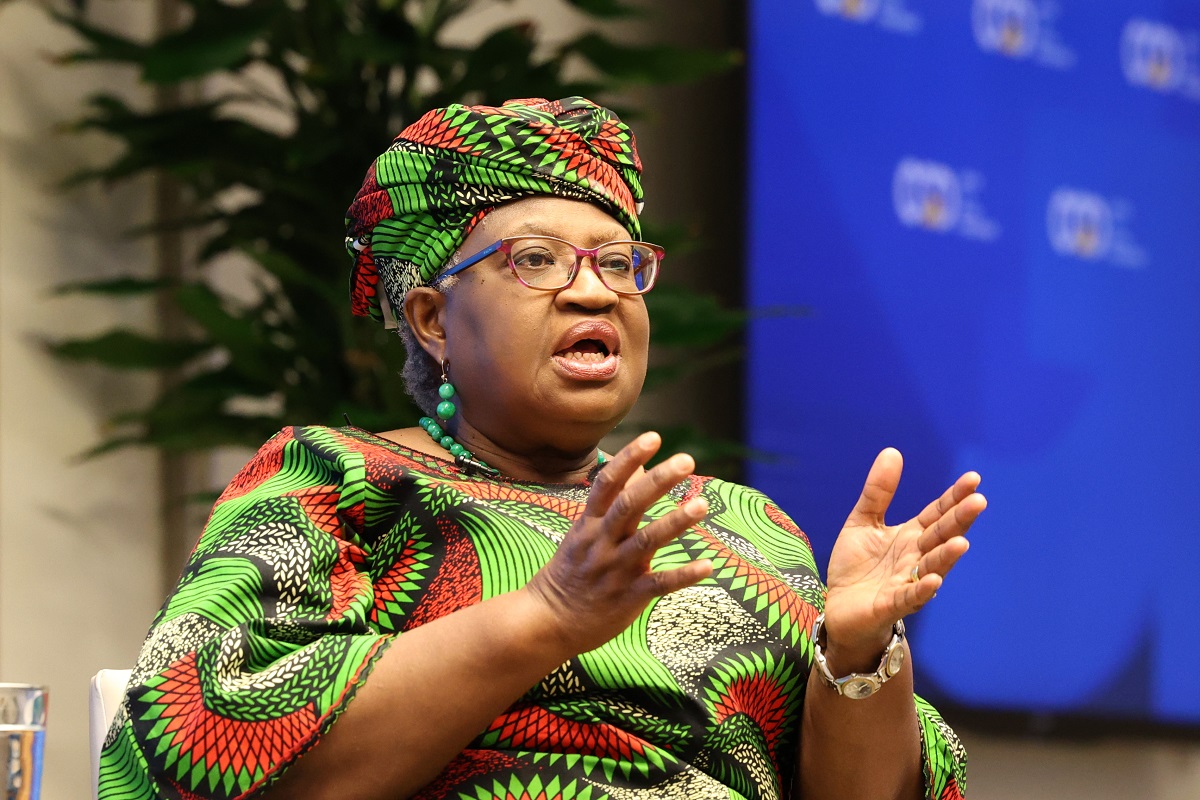Uncertainties abound for the United States’ developing country trade partners in the wake of Donald Trump’s election as president. As I chronicled previously, the US presidential campaign featured plenty of tough rhetoric on trade. At the end of the day, I do not expect President-elect Donald Trump to follow through on some of his harshest campaign trail threats. As I explain here, I think it is unlikely that we’ll see new tariffs of 35-45 percent on imports, or fundamental changes in trade agreements like NAFTA. In fact, it is unclear whether the president has the legal authority to deliver on some of Trump’s trade policy promises. In other cases, the economic and political costs would be daunting for the United States itself.
Still, developing countries have reason for concern. Candidate Trump directed most of his trade threats against developing countries, notably China and Mexico. Most other developing countries were not explicit targets, but they are unlikely to escape unscathed if US trade policy turns more protectionist. These countries could be sideswiped by more aggressive implementation of contingent trade remedies. The “escape clause,” for example, permits increased import tariffs if a domestic industry, such as steel, can show injury due to trade. And without congressional action, and presidential support, the Generalized System of Preferences could lapse again at the end of the year, leaving developing countries facing tariffs on a broad range of goods. There is some good news for Africa, though, in that the African Growth and Opportunity Act was extended for a full ten years in June 2015.
Even if the worst threats remain just that, they create an atmosphere of uncertainty about the future of US trade policy. That ambiguity alone could deter foreign investors and undermine opportunities for economic growth in developing countries. Trump and the economic officials that he has appointed thus far have also expressed a preference for bilateral trade negotiations. But that approach is likely to have limited economic benefits for either party. Larger trade partners will not accept deals that disproportionately benefit the United States. While smaller partners are more vulnerable to asymmetric demands, big “wins” in those cases would have minimal effects on the US economy.
A narrower US focus on bilateral negotiations, to the exclusion of any progress at the World Trade Organization (WTO), could also further weaken that organization as a bulwark against creeping protectionism. The greatest risks would arise if the incoming Trump administration ignores any WTO panel rulings against its trade policies that may emerge. A turn away from the multilateral system would raise costs for US exporters, since other countries could retaliate, but it would leave smaller, poorer developing countries without any protection against bullying and discrimination.
CGD blog posts reflect the views of the authors, drawing on prior research and experience in their areas of expertise.
CGD is a nonpartisan, independent organization and does not take institutional positions.





